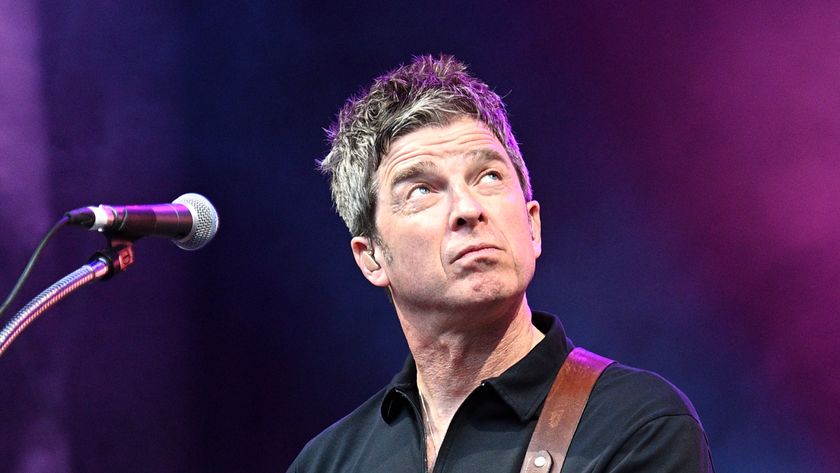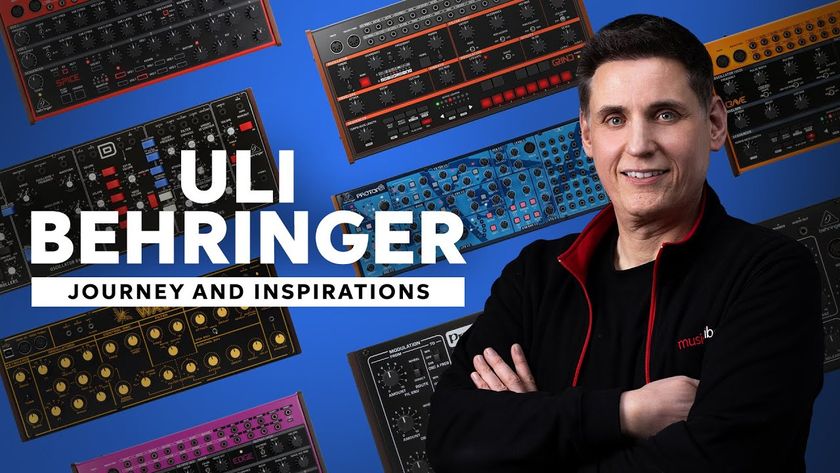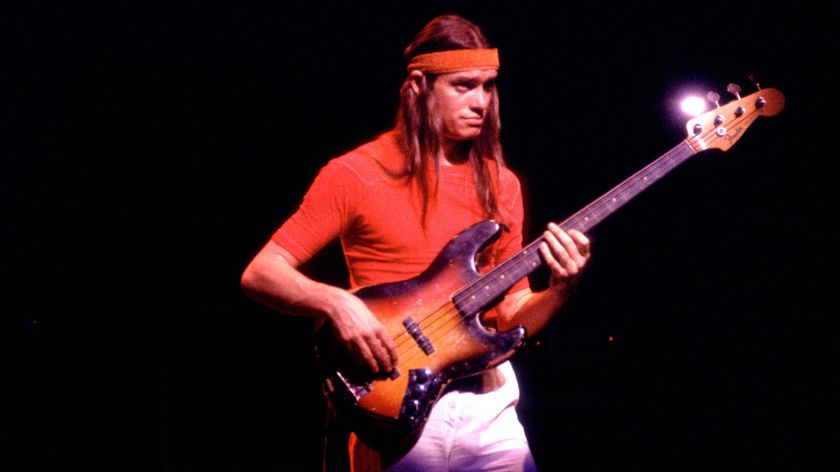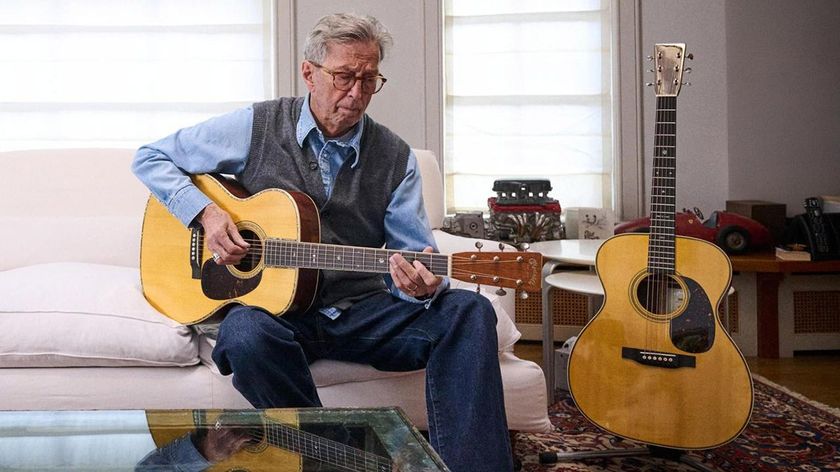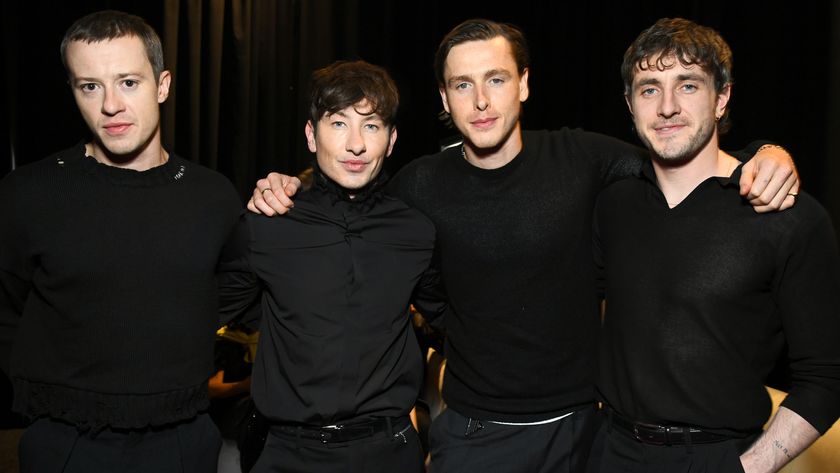In pictures: The Field's Berlin studio
Axel Willner talks sampling, modular and new LP, The Follower
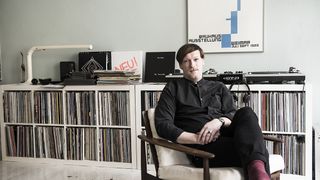
Re-record, not fade away
At the heart of Swedish producer Axel Willner’s music as The Field lies a formula of repetition and subtle variation. His sprawling, loop- driven tracks are like sonic versions of a sleight of hand magic trick: seemingly stuck in a cycle of static repetition, they delicately build and unfold until the mood has shifted completely without the listener noticing the point of change.
A parallel can be drawn with the path of The Field’s career as a whole. On the surface, it appears little has changed over his run of LPs for influential German label Kompakt, with each album still built upon the same interplay between atmospheric samples and electronic beats that formed the basis of his groundbreaking ’07 debut From Here We Go Sublime. Yet there have been numerous seismic shifts to the way Willner approaches his music – he’s moved from tracker software to hardware samplers, a three-piece live band has come and gone, and the bright emotions of his early releases have slowly given way to a darker, noticeably harder sound.
His recent fifth album, The Follower, sees yet another change, as Willner dives headfirst into the depths of modular synthesis. We caught up with Willner in his synth-stuffed apartment in his adopted home town of Berlin to find out how his new gear is feeding his creativity.
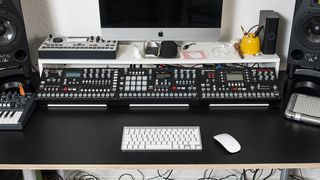
Live setup
“I’ve been doing that [using a live setup] for about a year and a half now. I use the holy trinity of Elektron gear: the Analog Four, Analog Rytm and the Octatrack.”
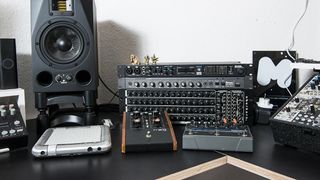
Eventide Space
“I also use the Eventide Space; that’s it though – it’s super simple. I’m improvising a lot by myself though. It’s essentially the same basic set-up as the band but without the musicians, although I didn’t have the Analog Four then as I had a bass player who also played keys, so that replaced him.”
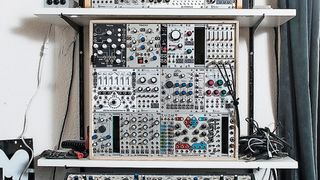
Doepfer cases
“I’ve just got myself a portable case for the modular, but I haven’t started using that live yet. I haven’t played much since November last year, and at that time I didn’t even consider that I’d bring the modular out live. At the time I’d just bought the Doepfer low-cost cases, which are pretty damn impossible to move.”
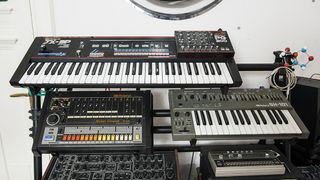
A job for the Roland
“The JX3P is the only polyphonic synth I have, so that is used a lot for laying chords on top of things. The 101 is always used for basslines too. The 808 I haven’t used in a while, as I use 808 sounds from the Analog Rytm.”
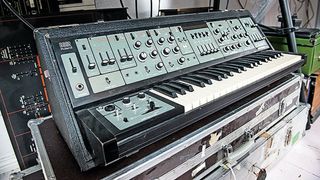
SH-5
“The SH-5 I haven’t used in a long time either, so that collects a lot of dust right now. It’s unfortunate; I love the SH-5 and I used to make a lot of recordings with it, but now I’ve the modular I use that a lot for that side of stuff.”
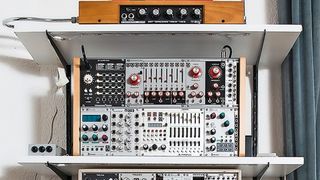
Acid Lab 303
“A lot of percussive stuff. Also the 303 sound comes from the Acidlab module. There’s all kinds of sounds coming out of there though; basslines, a lot of samples too. The track Soft Streams, for example, is completely made with the modular, except for the drums.
“I used the Nebulae a lot; that’s great for taking samples to another dimension. The Verbos Harmonic Oscillator is really great for deep basses and organic organ sounds. Of course the sequencers like the Metropolis are completely different things but really super for being creative."
For the full interview check out issue 305 of Future Music, which is on sale now.

Future Music is the number one magazine for today's producers. Packed with technique and technology we'll help you make great new music. All-access artist interviews, in-depth gear reviews, essential production tutorials and much more. Every marvellous monthly edition features reliable reviews of the latest and greatest hardware and software technology and techniques, unparalleled advice, in-depth interviews, sensational free samples and so much more to improve the experience and outcome of your music-making.



“My love letter to a vanished era that shaped not just my career but my identity”: Mark Ronson’s new memoir lifts the lid on his DJing career in '90s New York
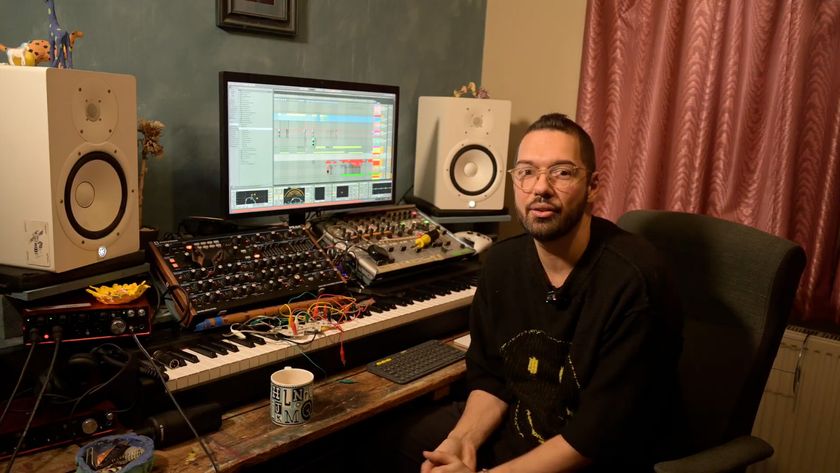
“I'm always starting up sessions and not finishing them, but I don't see that as unproductive”: Virtuosic UK producer Djrum talks creativity and making Frekm Pt.2

“My love letter to a vanished era that shaped not just my career but my identity”: Mark Ronson’s new memoir lifts the lid on his DJing career in '90s New York

“I'm always starting up sessions and not finishing them, but I don't see that as unproductive”: Virtuosic UK producer Djrum talks creativity and making Frekm Pt.2
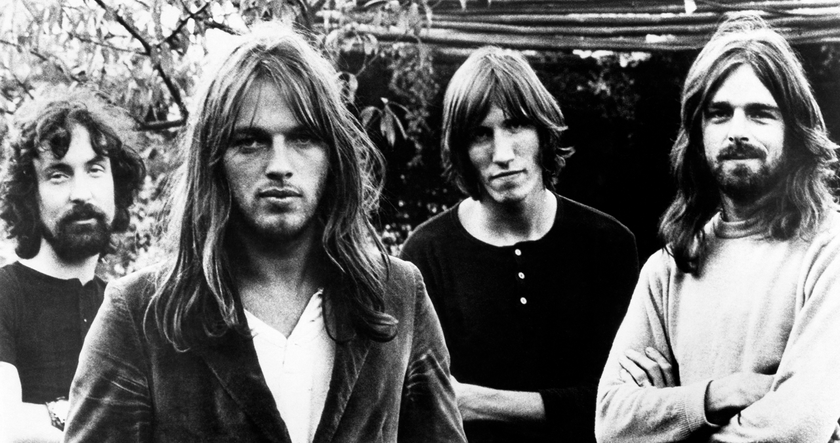


![Chris Hayes [left] wears a purple checked shirt and plays his 1957 Stratocaster in the studio; Michael J. Fox tears it up onstage as Marty McFly in the 1985 blockbuster Back To The Future.](https://cdn.mos.cms.futurecdn.net/nWZUSbFAwA6EqQdruLmXXh-840-80.jpg)
